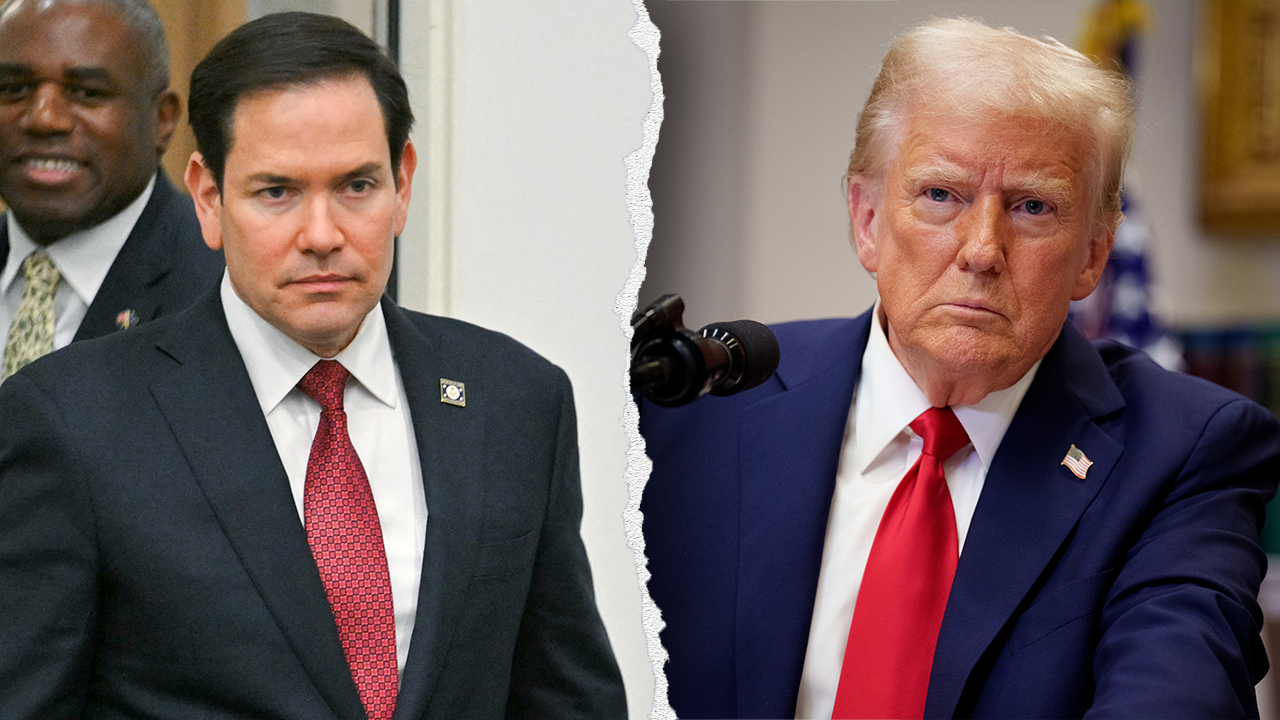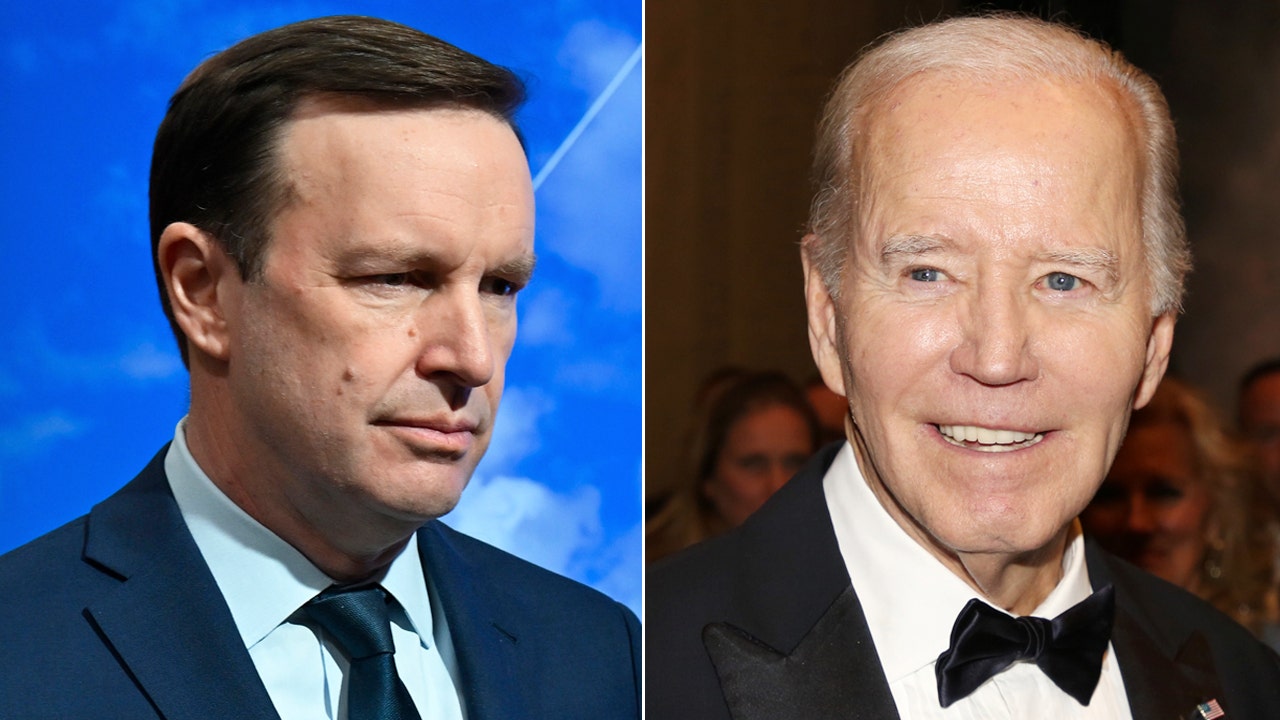While Generation Z complain about increasing rent prices and millennials worry over childcare costs, it is the so-called forgotten generation that have arguably been plunged into the most difficult financial position.
Generation X — typically those born between 1965 and 1980 — are dealing with a flurry of financial worries, as they juggle handling pension savings, supporting family members and paying off increasing debts.
Craig Rickman, pensions expert at Interactive Investor, said: “Gen X’s finances are being squeezed by the perfect storm of rising education fees, spiky utility bills and higher mortgage costs.
“Many may struggle to find surplus savings and/or income right now to beef up their retirement savings to the required level,” he added.
Only 28 per cent of Gen X are on track to meet their retirement savings goal, which could be due to the phasing out of defined benefit schemes as they entered the job market, according to research from Annuity Ready.
“An interesting trend that may impact Gen X’s financial security in retirement is the gradual demise of the defined benefit pension schemes in the private sector,” said Rickman.
These “gold plated” defined benefit pensions allow employees to receive a guaranteed inflation-proofed income for life, based on salary and years of service.
In contrast, a defined contribution scheme is not guaranteed for life, where the employee builds up a pot of money through a workplace or personal pension scheme, which is subject to the value of investment returns.
The Financial Conduct Authority’s Financial Life Survey for 2024 found 65 per cent of adults who were either receiving an income or had taken a cash sum from a pension had accessed a defined benefit scheme.
However, only a third of workers aged 45-54 — Gen X — were in a defined benefit scheme compared with nearly two-thirds in defined contribution schemes.
“That’s a stark shift and means a smaller proportion of Gen X compared to Baby Boomers [who] can effectively sleepwalk to retirement knowing that a guaranteed, life-long income awaits them,” said Rickman.
In addition, many in Gen-X have been squeezed by having to support their children and parents at the same time, turning them into the “sandwich generation” as they become not only “the bank of mum and dad” but also “the bank of son and daughter”, according to data from wealth management firm Saltus.
Parents are assisting their children in getting on to the property ladder, purchasing their first car and dealing with rising university fees, while also supporting the older generation with day-to-day living costs, including utility bills, medical care and shopping, Saltus said.
For those providing financial support to elderly relatives with more complex needs, the cost of both residential homes and nursing homes have risen to a weekly average of £1,400 and £1,500 respectively, based on data from care home finder Lottie.
And it is not just Millennials and Gen Z who are feeling the pressure of soaring house prices. With wages failing to keep in line with the rising cost of homes, Gen X has been forced to borrow more, says Rickman.
While this was more manageable during times of low interest rates, as they have increased along with repayments, disposable income and savings have taken a hit.
However, it is not too late for the forgotten generation to prepare for retirement, if they create a clear plan of how to save.
Claire Exley, head of advice and guidance at online wealth management company Nutmeg, says despite the negatives of defined contribution pensions, auto enrolment in schemes offers flexibility and “comes with more choice” over investments and additional contributions.
“Financial planning and advice is key,” Exley concludes.
































